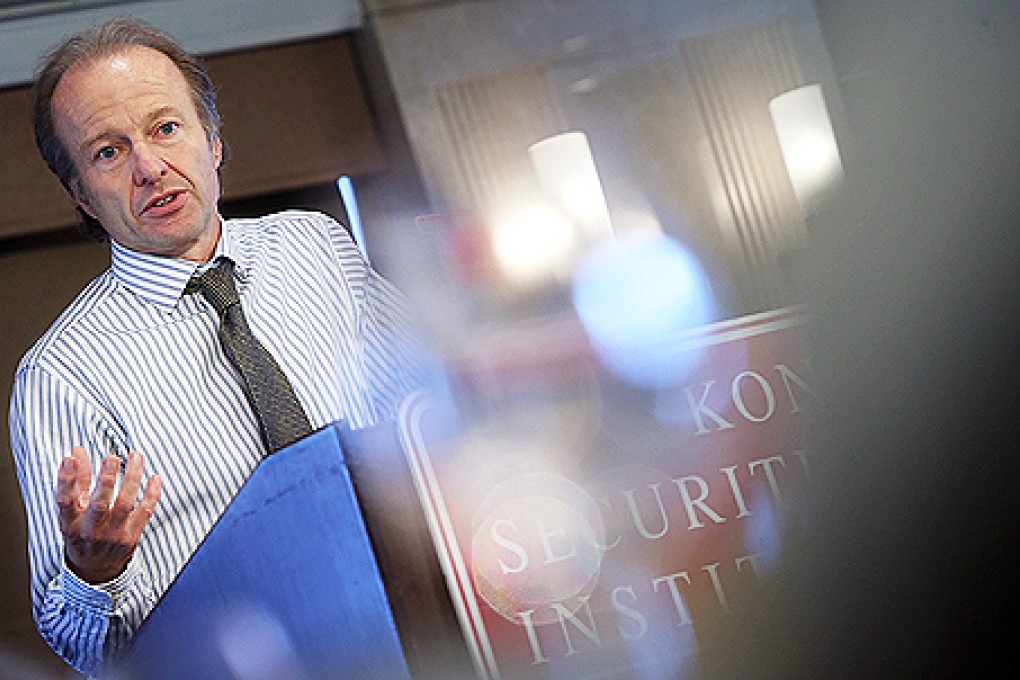Record shows SFC's competence as prosecutor
Grenville Cross says any suggestion that the SFC is mixing up its roles as investigator and prosecutor is not borne out by the facts or statistics

When the retiring director of public prosecutions called in August for the Securities and Futures Commission to be stripped of its power to prosecute cases, he cited internal deficiencies and "tension between us". The SFC disagreed, and the damage caused by the ensuing contretemps has taken its toll. Public rows between law enforcers are best avoided, not least because they provide succour to law breakers.
Although other statutory bodies and government departments also investigate and prosecute their own cases, no criticism was levelled at them. If the suggested principle is that investigators should not also be prosecutors, this, presumably, applies across the board.
The SFC has, since 1989, handled its own prosecutions. But it is subject to justice department oversight. In practice, therefore, the department can take over, stop or continue any SFC prosecution, and the suggestion that the SFC is some sort of unaccountable maverick is inaccurate.
In 2003, market misconduct, including insider dealing, was criminalised, and cases may either be prosecuted or dealt with by a tribunal, depending on the evidence. In 2007, the SFC entered into a pact with the Department of Justice and, as a consequence, potential market misconduct prosecutions are referred to the director of public prosecutions to decide if a prosecution is justified.
The pact, moreover, recognises that regulatory offences not involving market misconduct, such as unlicensed dealing, will be prosecuted by the SFC. Since 2007, it has prosecuted almost 300 such cases in the magistrates' courts, with a conviction rate of over 90 per cent. This suggests not only that SFC prosecutions are meritorious, but that prosecution policy guidelines are being properly applied.
Throughout the prosecution process, the SFC benefits from legal input, and there is no reason to suppose its investigatory and prosecutorial functions are being mixed up. A decision to prosecute is based on legal advice, and if there is a trial or appeal, the case is conducted by a private lawyer.